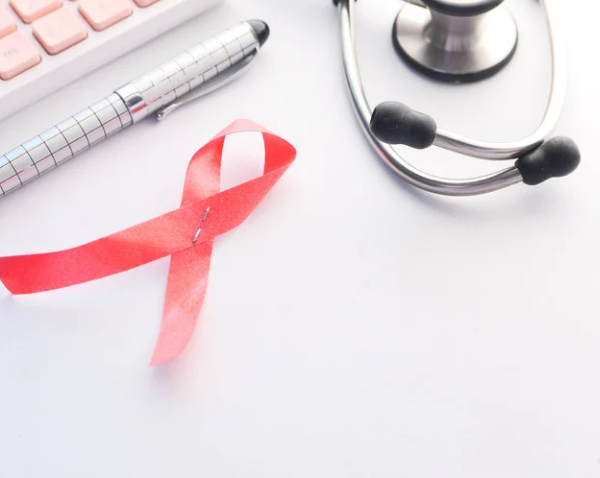Groundbreaking Workshop on AI and Technology-Facilitated Gender-Based Violence at AWiM24
Trending
Sunday June 1, 2025
Trending

Asked what she hopes to achieve with the initiative, Josephine revealed that her driving force remains the desire to ensure that at least 95 per cent of persons living with HIV are virally suppressed and retained in care. 95 per cent reduction in disease burden and stigma, accelerate access to treatment and prevent transmission of the virus by already infected people.
This article is part of the African Women in Media (AWIM) Graduate Trainee Programme in collaboration with Fojo Media Institute.
We’re not gonna spam. We’ll try at least.

Copyright 2020. African Women In Media
Copyright 2020. African Women In Media
Recent Comments